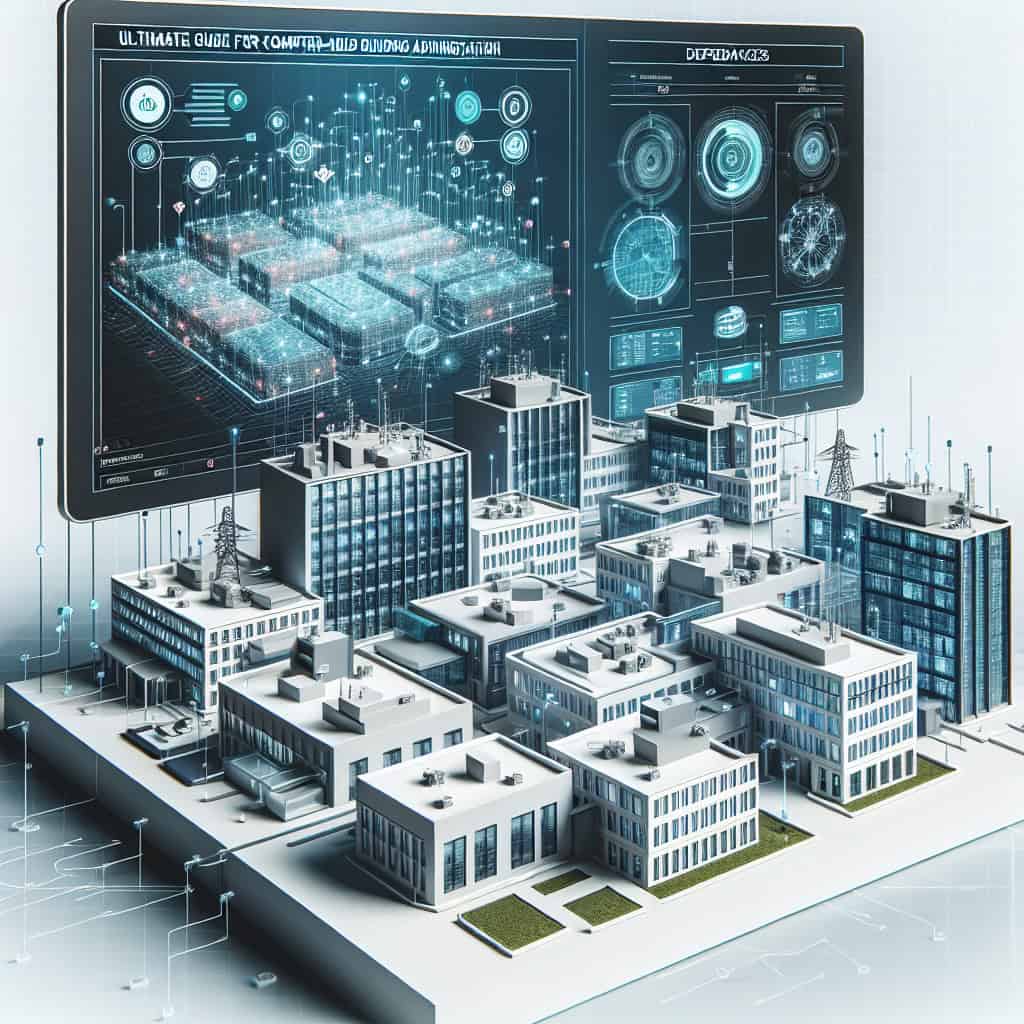CMMS systems: The ultimate guide to maintenance management
A Computerised Maintenance Management System (CMMS) is not just a fancy buzzword, it can become an indispensable tool for companies looking to optimise their maintenance processes. If you've ever wondered how you can take your asset management and machine maintenance to the next level, you've come to the right place.Imagine your company is a well-oiled machine factory - every screw and cog has to mesh perfectly. In [...]
CMMS systems: The ultimate guide to maintenance management Read more »

















